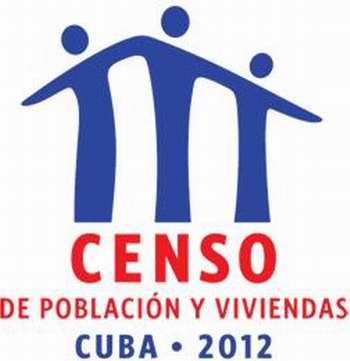
The Antillean archipelago’s authorities say that “In Cuba, we all count”, and that’s why from the 15th to the 24th of September all of the homes of the country will be visited to gather census information. I understand that the census is a statistical operation that should be carried out every 10 years and that it is important for determining, among other things, the number of people who make up a group or state. Also,it is a primary source for obtaining other basic social, economic, and demographic data about a society. But I ask myself, who accounts for the Cuban emigrants dispersed throughout the world that are part of our nation?
In recent days, an “information supplement” on the Population and Housing Census, published by the National Office for Statistics and Information, appeared under my door. It explains to citizens what the “mission” of the census is and shows the questionnaires that the data collectors, called enumerators, will fill out. Among the notable items is question 16, which asks how many land lines and mobile phones there are in a residence. As the only telephone company that provides service to all Cubans living on the archipelago, doesn’t ETECSA, which also happens to be state-owned,have these figures?
In this census task, like in the two previous ones carried out by the government,there will be inquiries regarding the condition of the houses and their construction and general characteristics.I hope this will result in some benefits for society! Because there is no use knowing, for example, the serious problems existing in the houses and in their maintenance(that is already well-known and we have been putting up with them for years, because the necessary resources have not been assigned to them), if a sustained constructive assistance is not designated and assigned to the renovation and rehabilitation of the impoverished housing inventory in Cuba.
I remember the first time the government carried out that statistical task.It was in the 70s, when they had more than a decade in power.It’s been ten years since the last census and the results were not made known to the population, let alone did they produce any benefits or improvements in the average Cuban’s life. Development and efficiency are not achieved with state inquiries, but with the political will of governments, with real motivations for the citizens and incentives in all spheres of society. That should be a natural and systematic practice, attentive to the law and always directed to the benefit of everyone, not just a group. Modernity is not reached just with information or by decree.
It is good to keep control of our inputs and outputs, whether they be material or intangible, individual or collective. Every demographic investigation relating to the totality of people by province, municipality, city or different urban and rural areas — by sex and age, average educational level, marital status, active working population, etc. — is important for the development of government policies. On this occasion, they mix the population census with “the short-term and medium-term economic and social plans especially for the appropriate guidelines for the Party’s and the Revolution’s economic and social policies“. This opportunistic mixture conjures up in my mind, like an animated cartoon, a leader who without planning lies down on the bottom of his political boat to try to patch or plug the holes in the bottom with his body. Because he is being left without extremities…
For a militarized society, deformed by this government in the degrading tradition of having to have even one’s underwear counted when one is going to emigrate, to have “regulations” about what one should eat or wear, to have someone decide what one should read, to “be transported” generally according to the needs and interests of the state, to be watched by those in charge of one’s block or by the police, to have someone predetermine what radio stations one should listen to and what TV channel one should watch, whom one should disregard and whom one should believe, in the end produces a population sunk in a sustainable defenselessness and indolence, unaware of its rights, and as a result, easier to subdue and direct.
So let’s count: 1, 2, 3 at the dictatorship’s “conga-line pace”*, for whose manipulations and campaigns to stay in power indefinitely, but not for the exercise of our fundamental freedoms, “in Cuba, we all count”.
*Translator’s note: The original Spanish is a quote from an old Cuban song.
Translated by: BW, Espirituana
11 September 2012


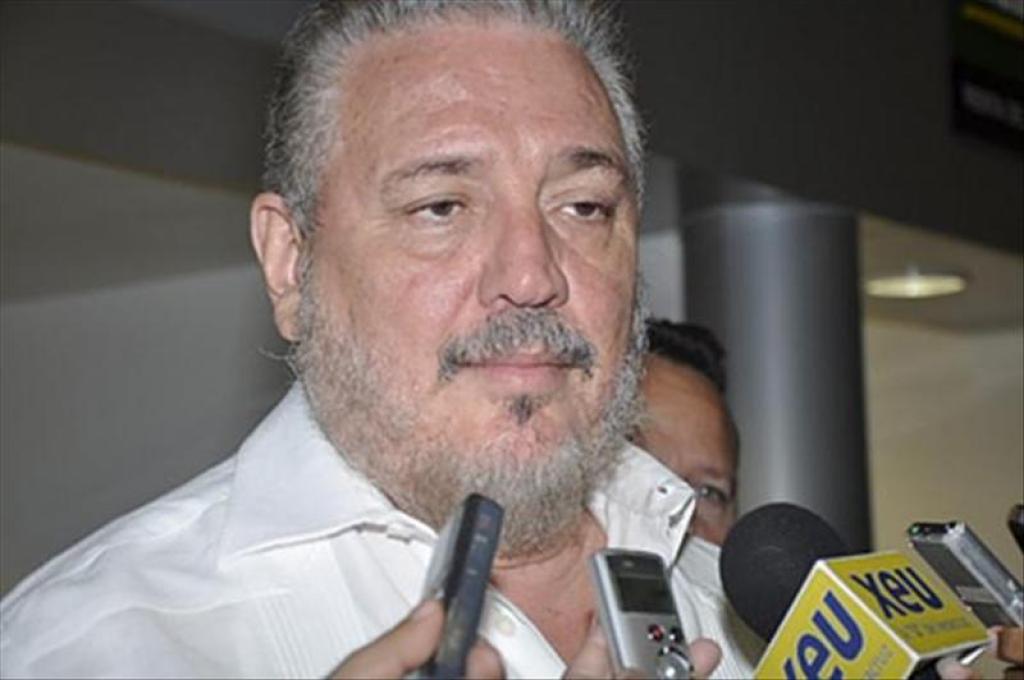
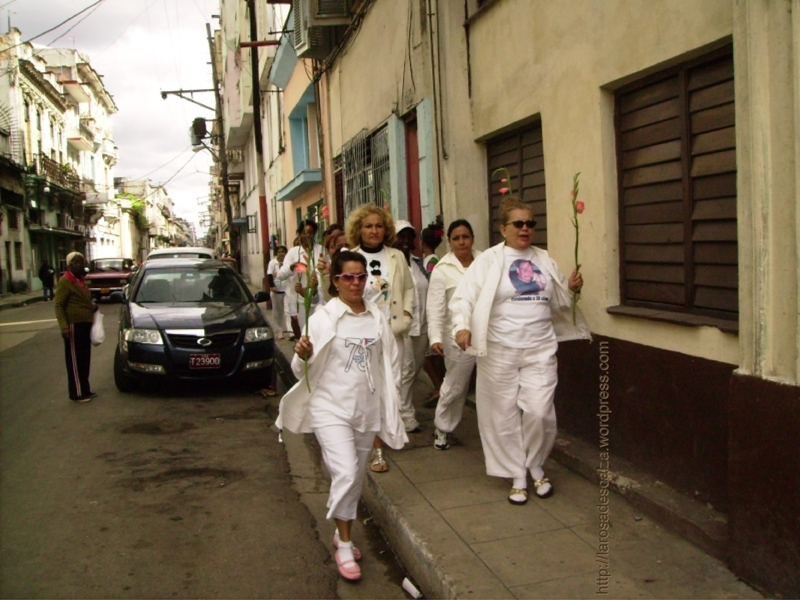

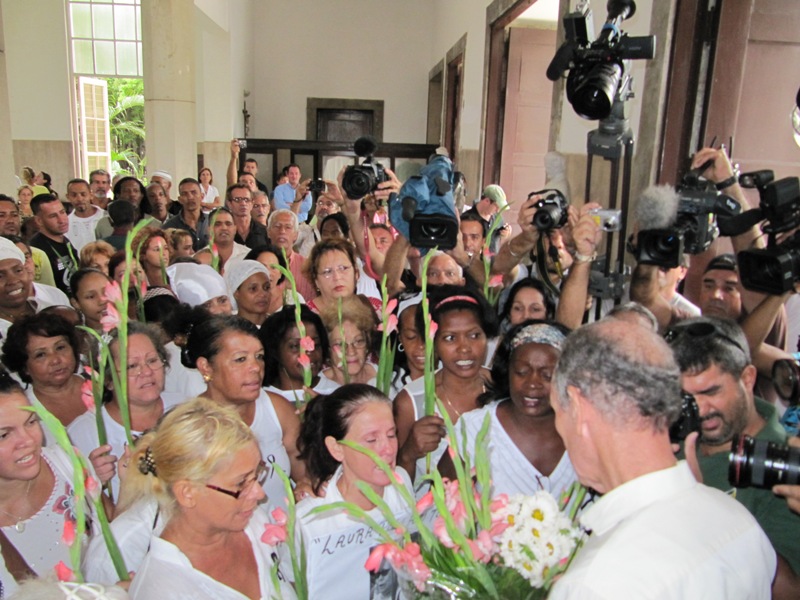
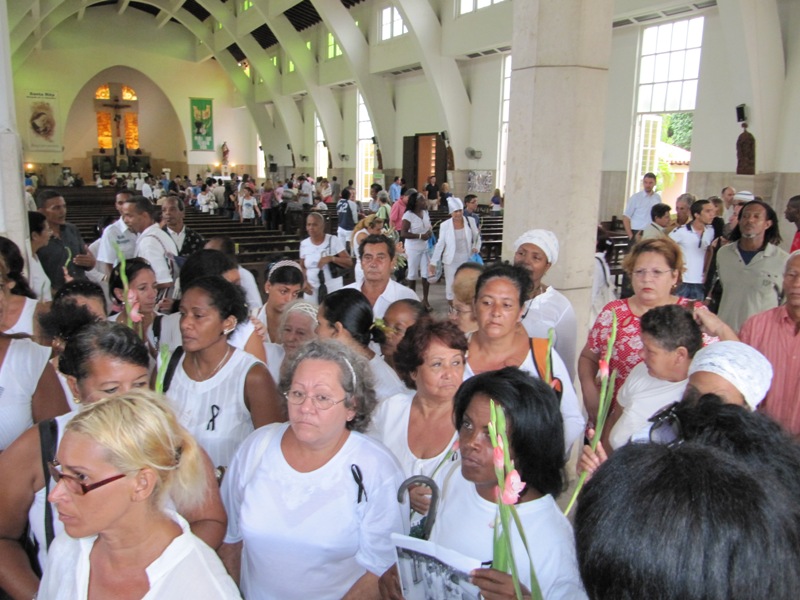
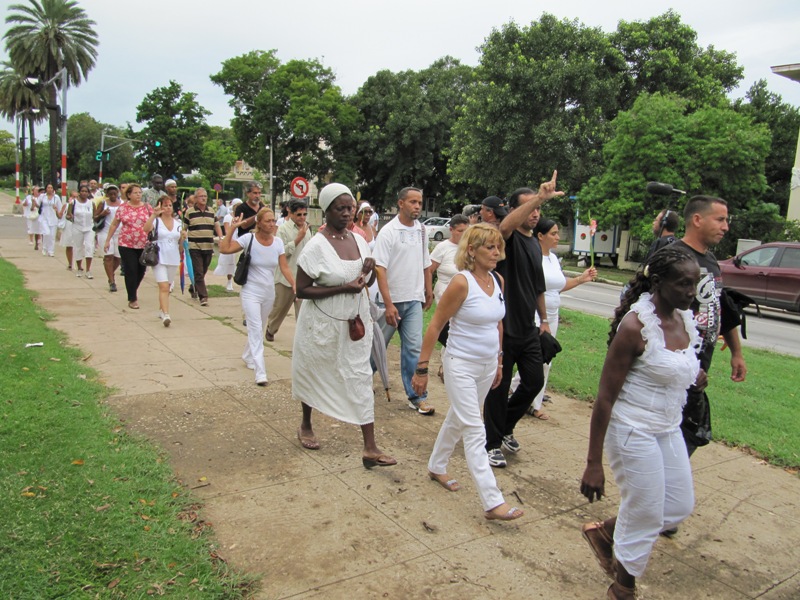
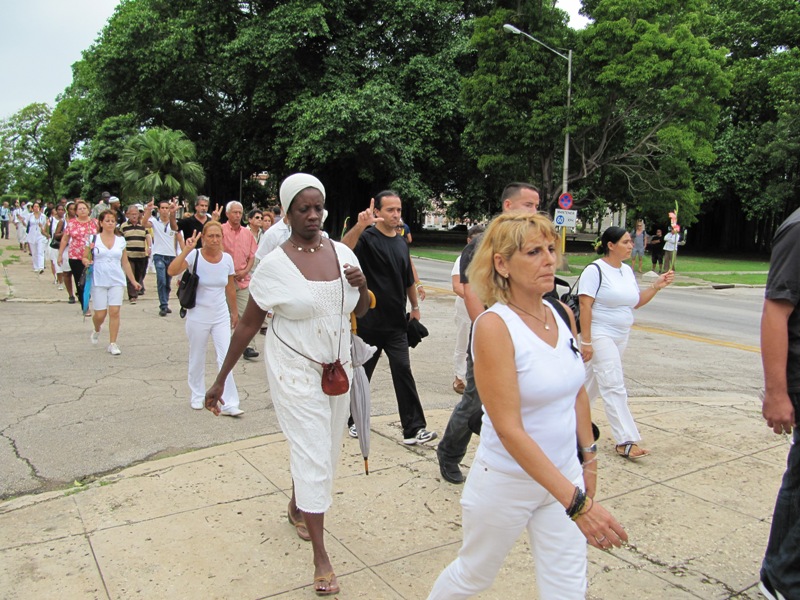
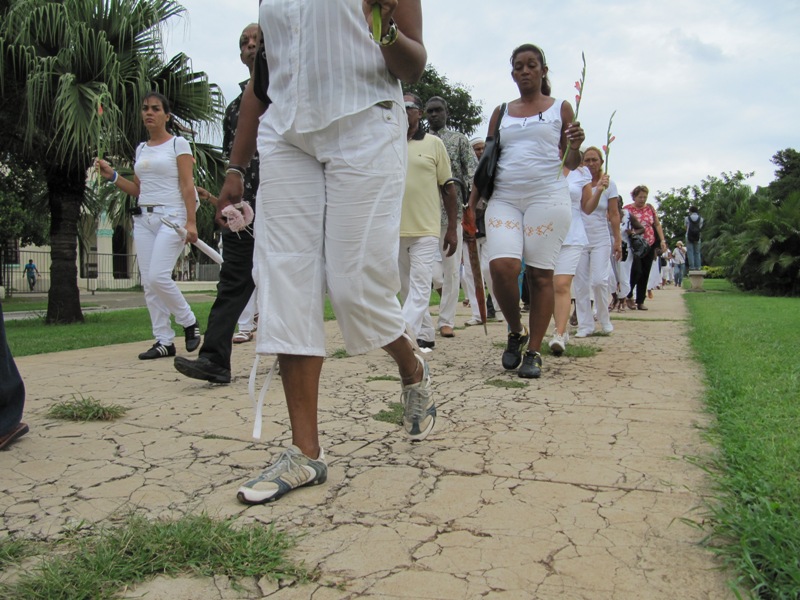
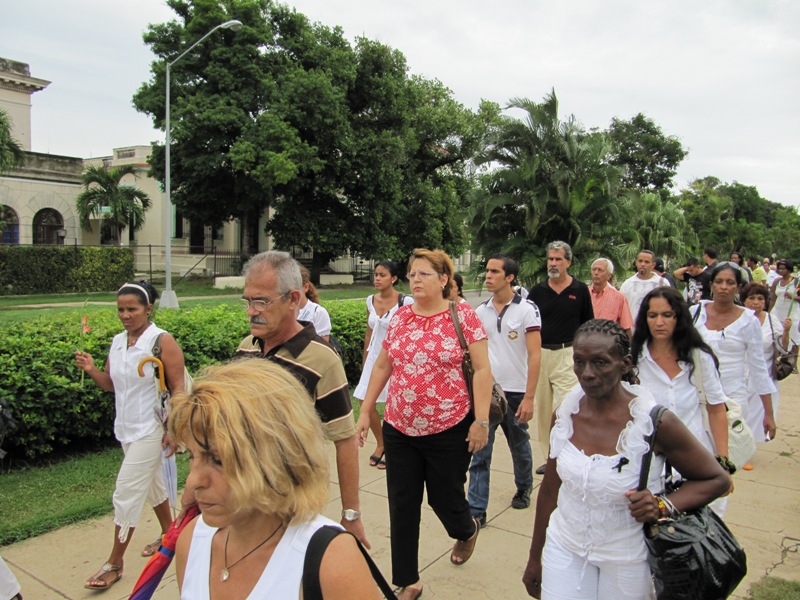
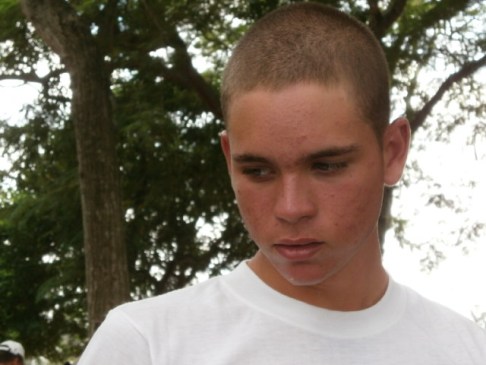

 The writer and journalist Amir Valle, in a still unpublished interview, asks me the following question.
The writer and journalist Amir Valle, in a still unpublished interview, asks me the following question.



